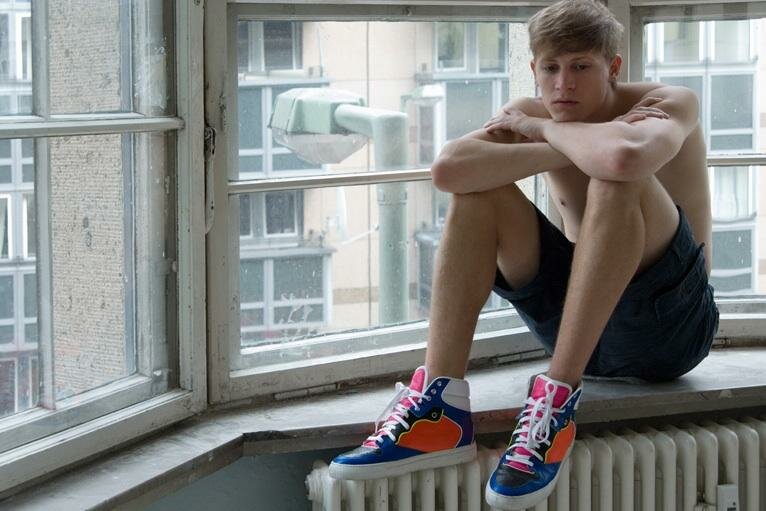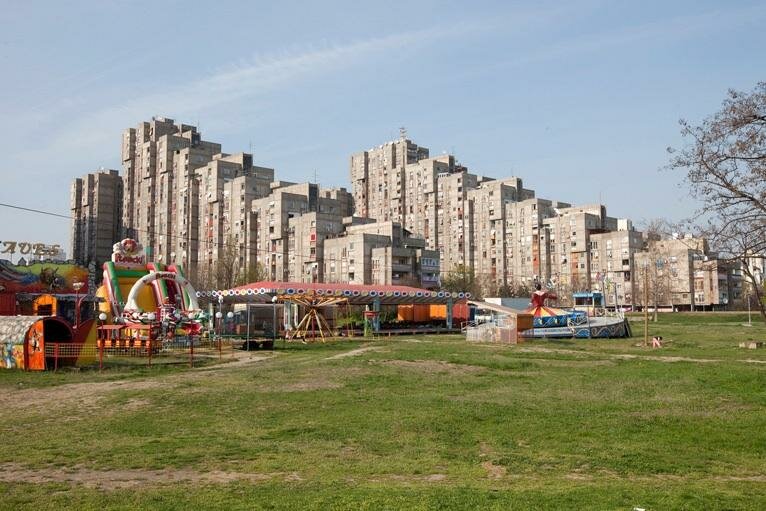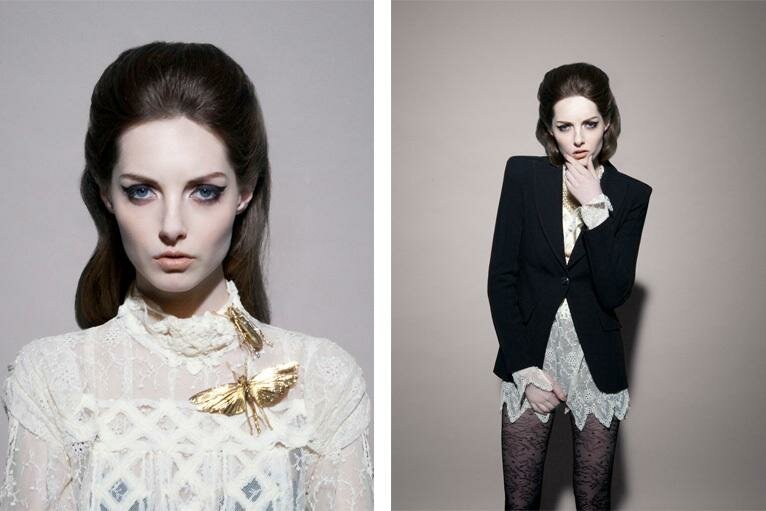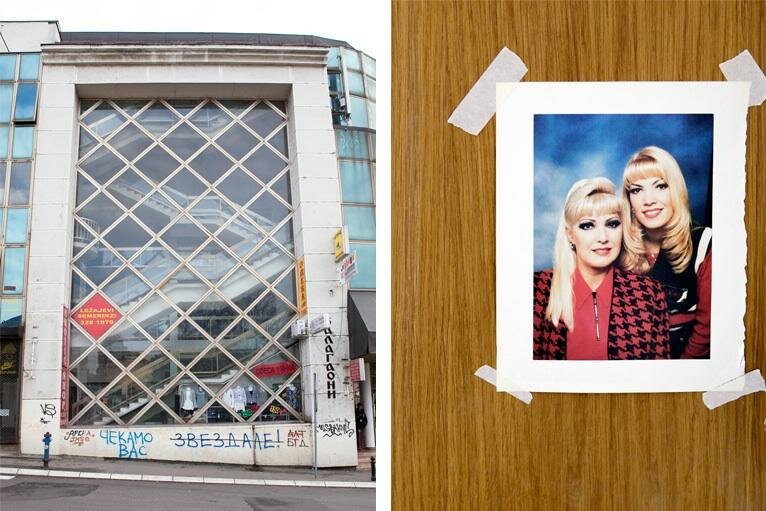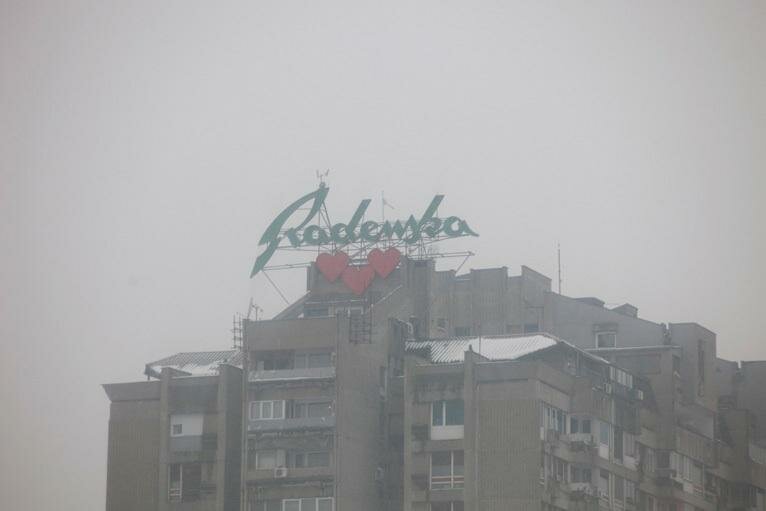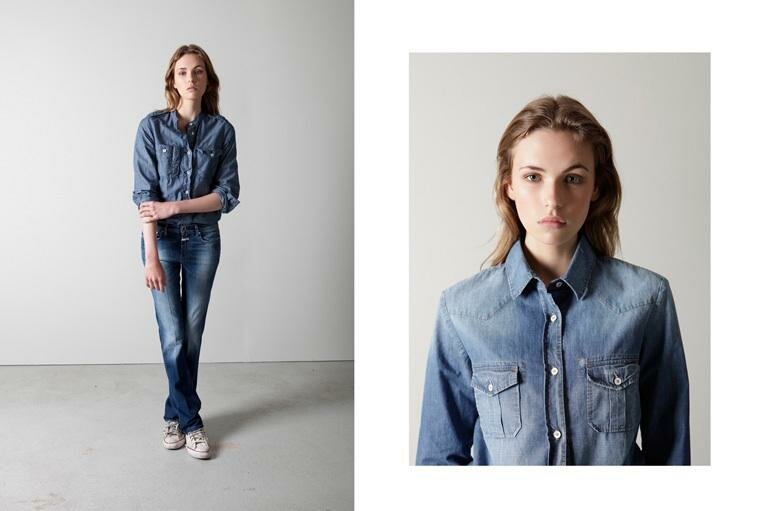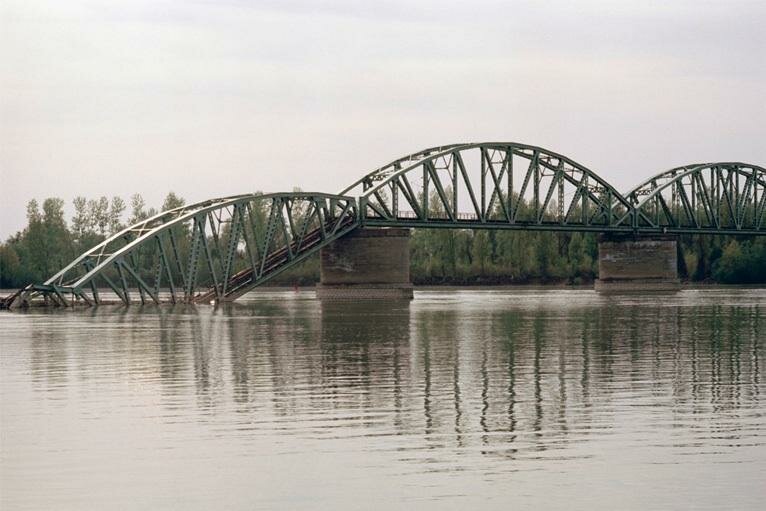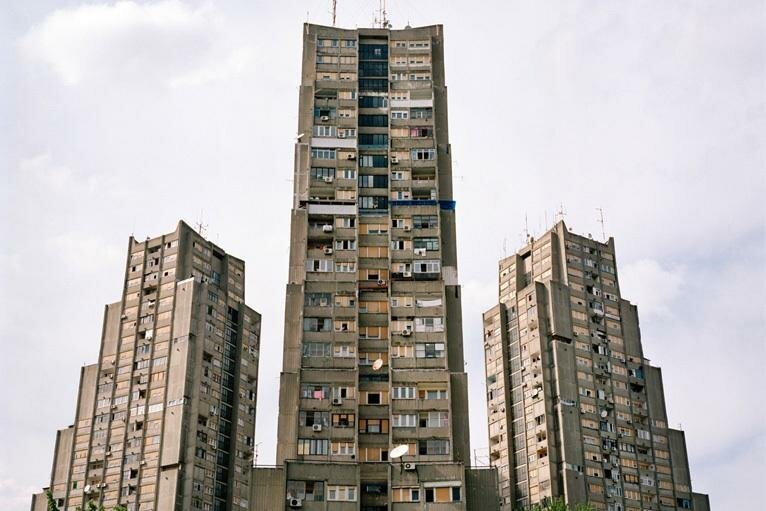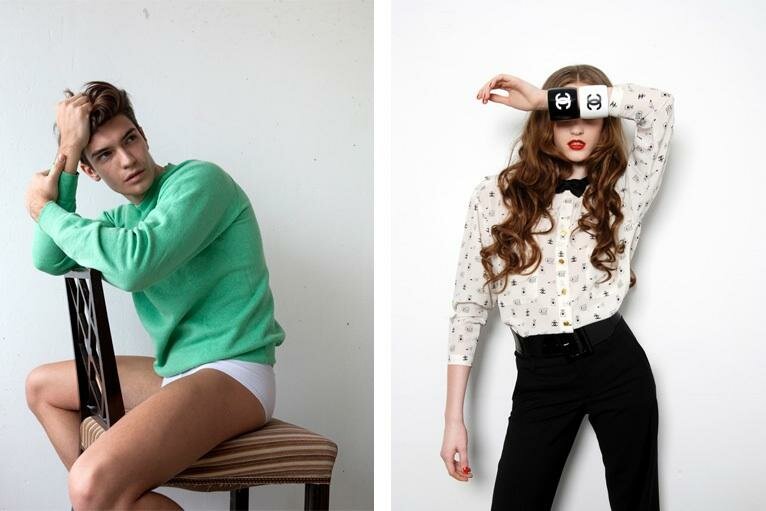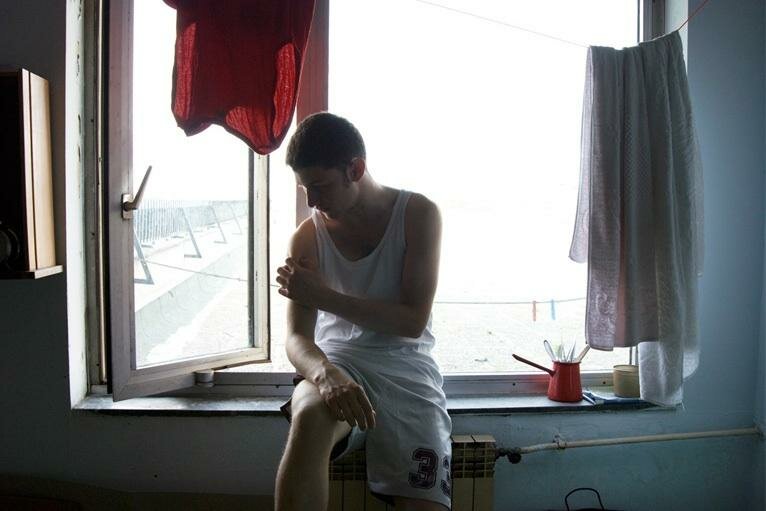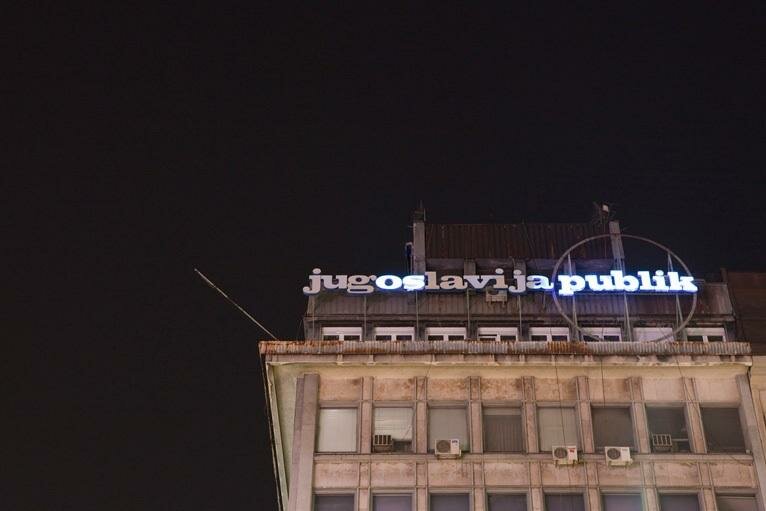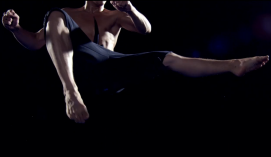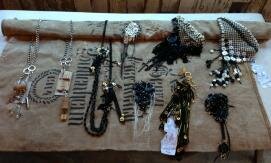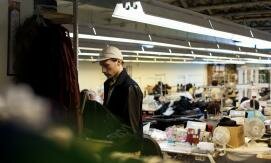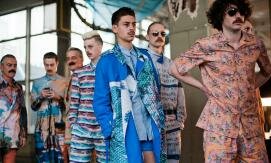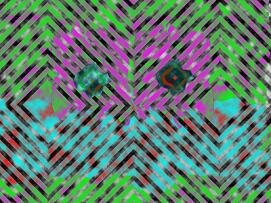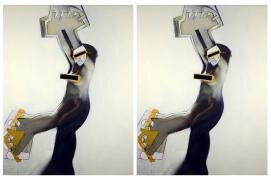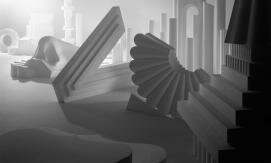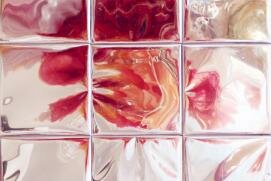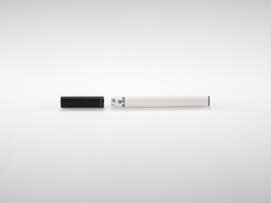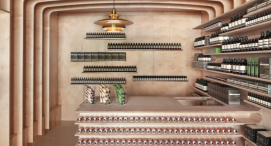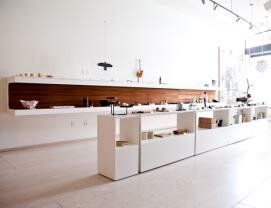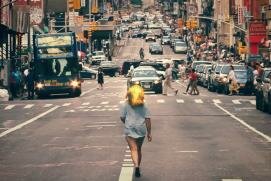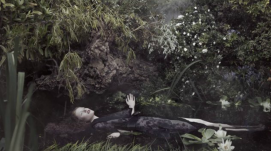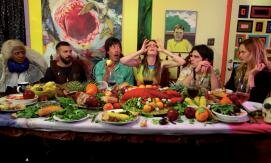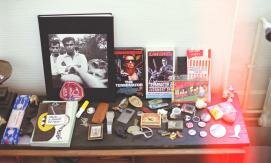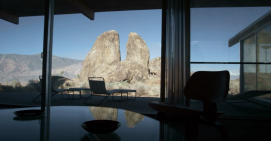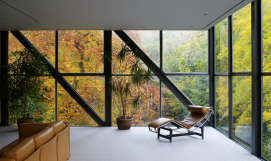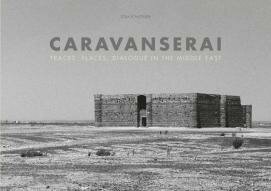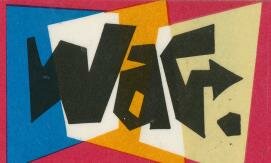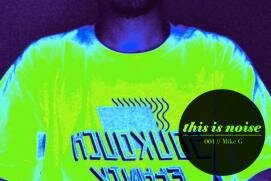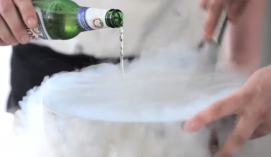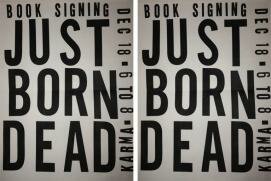Young, talented and optimistic, Boris Kralj is a photographer who captures the attention with his traditional personal approach that unearths emotion. Having published the book "Belgrade", a body of works that is defined by a profound look into his family roots and one that can only exist through the eye of Kralj. As a fashion photographer, Kralj has another side to his work that extracts a clean, minimal, contemporary approach to capturing the feel of another element of life that is also close to him. I caught up with Boris to find out more about his approach and to discover more about "Belgrade" and his life.
James Oliver: Can you tell me a bit about your childhood and how it shaped yourself to become creative?
Boris Kralj: My parents, who came as guest-workers to Germany in the 70s, are from the former Yugoslavia. I was born in Germany.
When I was a child my father used to photograph my mother while she dressed herself in her best clothes. These were the 80s.
The staging at the shootings always inspired me. Later I did the same with my best girlfriends with my father´s camera. Today I am a fashion photographer and my mother is still very fashionable.
JO: What were some of your early inspirations and what motivated you to become a photographer?
BK: In my teenage days, I found out that one can convey a whole story through pictures. I was a director of a movie and I could turn people into someone else. This made me euphoric and I had so many ideas. Back then, I did not have a clue about the technique so the results after developing the films were always more than thrilling.
JO: Can you explain about how important studying at Lette Verein was to shaping your approach?
BK: This school is a traditional school where technique had priority over creativity. I learned from my fellow students and the lecturers were the best example of what I never wanted to become as a photographer. I think it changed a lot and the school is nowadays more progressive.
JO: How would you explain your aesthetic in your own words?
BK: That should be answered by someone else, but what I try to convey in my pictures is a clear and timeless signature with personal profundity. All of my pictures reflect private attributes. Some of them are only visible to me.
JO: Can you talk about how you differentiate your approach to fashion photography and your documentary photography?
BK: My pictures can be staged and posed in the fashion photography, whereas in the documentary I like them to be authentic and raw. I like
to deal with these two extremes - on one hand to beautify the world and on the other to extract the brilliance from it.
JO: Your book "My Belgrade" makes for a compelling documentation that took 10 years. Can you explain a bit about the concept and your approach to the body of works?
BK: I was 13 or 14 years old when I first went to Belgrade, and then there was the war. I was 25 when I went there again, and I had very strong feelings for the place, memories of my childhood and upbringing. I was obsessed with Belgrade and spent ten years going there and photographing it. I started taking photographs because I was always reminded of my past. It’s more a feeling I get when I think of Belgrade – my childhood and my “other side”, rather than a capital city. Belgrade is the capital of Serbia, but for me it’s also a synonym
of old Yugoslavia, a country which does not exist anymore.
JO: How do you think this body of works will be a catalyst for your future work?
BK: My background and the fact that I have two different cultures in me united will certainly play a significant role in my future projects. I am picking up the dreams of the Yugoslav immigrants, of my parents, of my mother in particular and I try to visualise their dreams. It is a world of material prosperity and beauty with a craving for an unattainable goal or love. Then, I like to show the reality in my art projects, like in my photobook "My Belgrade YU & Me" where pictures are rather oppressive, nostalgic, untreated and cheerless.
JO: What interests you about the creative scene at present? What continues to motivate you to do what you do?
BK: I have to admit that I don´t follow the art scene. I am not aware of the fact that I am myself an artist. People recognise my work and are sometimes moved by it. This also strikes me on the other hand. I like to communicate through my pictures, my experiences and emotions.
Yugoslavia for example is not only a former country but holds also a great potential to show collective diversity. I am happy to be a part of it.
JO: Can you tell us a bit about Berlin and how it inspires you on a daily basis?
BK: The city itself does not inspire me too much, but the people and their ideas are amazing. I think in contrast to other places, Berlin is rather comfy and provides people engaged in the cultural sector with freedom and more time to think and to give projects a trial.
JO: What is the best thing about Berlin?
BK: My penthouse with a big terrace overlooking the whole city, which is probably cheaper than a one-room flat in the outskirts of London.
JO: Thanks for your time, finally, what words do you live by...
BK: The future is looking so bright!
James Oliver
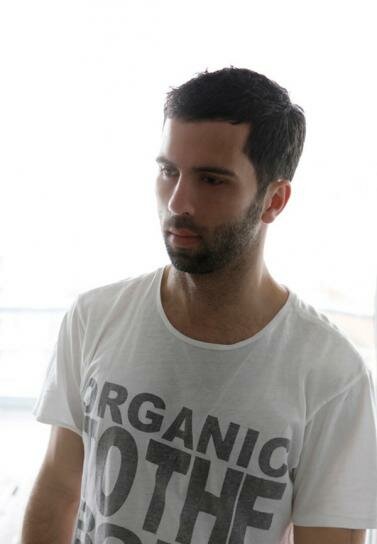
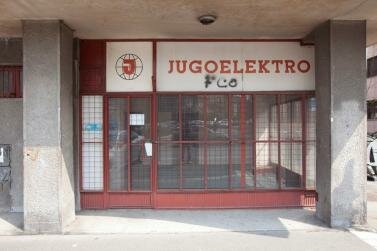
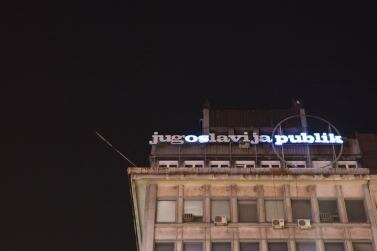
end








